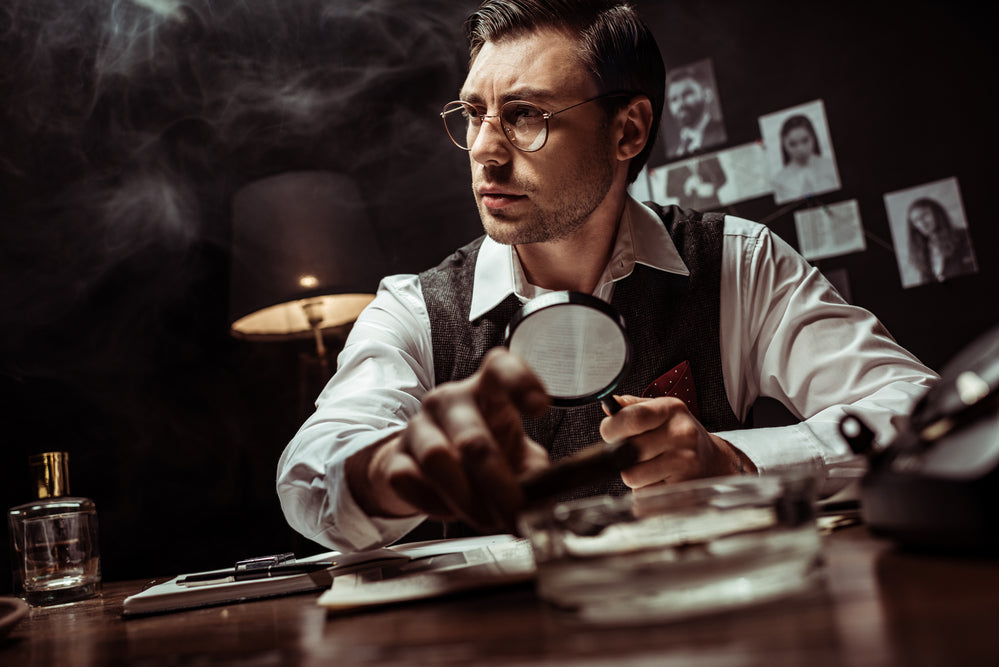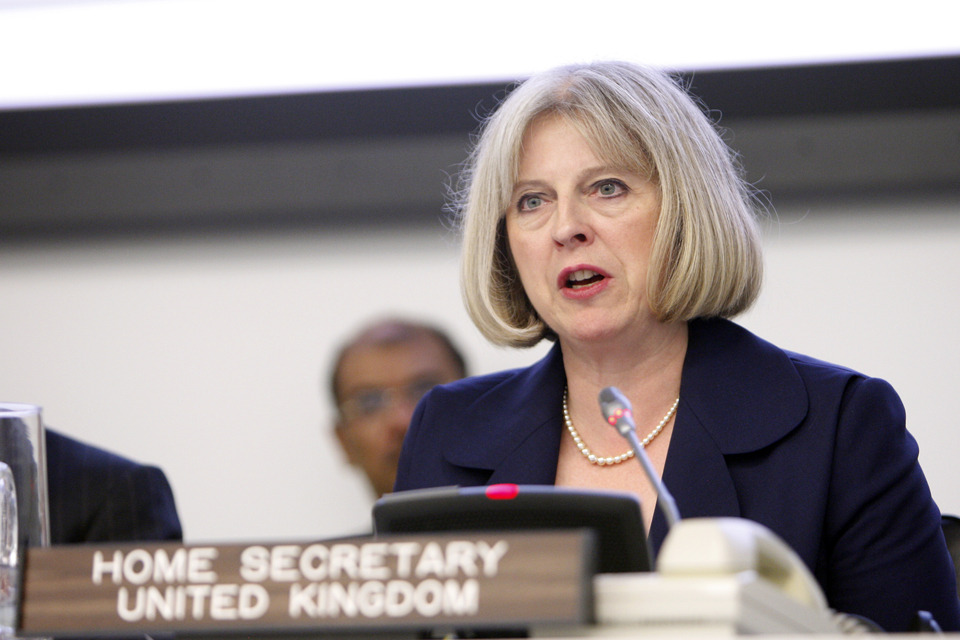Best Reasons On Choosing Local Private Investigators
Best Reasons On Choosing Local Private Investigators
Blog Article
What Can You Do To Ensure That A Private Investigator Is Licensed And Certified?
Verifying the private detective's license and certification is an important measure to verify their legitimacy and compliance with legal requirements. You can confirm the license and certification of an investigator's license by checking the official licensing boards for government agencies.
Contact the licensing or regulatory agency for private investigators in the area where the investigator is situated. The information you need is usually available at the provincial or state level. You can find contact details online or by contacting the local government.
Online Databases for Licensing Data
Several jurisdictions maintain online databases that enable the public to check the status of private investigators. Look up the licensing boards' online database to find the name of the investigator or the agency.
Find License Information
To obtain the information, ask directly. Genuine investigators are happy to give their license number, expiration dates, and any other information pertinent to the case. The information provided should be checked with the licensing board.
Make sure to check professional associations.
Private investigators who are members of organizations with their own code of ethics and guidelines for conduct may have a higher professional level. While membership in an association is not the same as government-issued licenses, it can provide additional assurance of professionalism. The National Association of Legal Investigators or the Council of Private Investigators of Ontario are two examples.
Contact State or Provincial Police
In some jurisdictions police departments maintain lists of licensed private investigators. Contact your state or provincial police department or law enforcement agency to inquire about the investigator's licensing status.
Online Resources
A variety of online resources offer details on professionals who have been licensed. While these sites might not be official, they could sometimes provide initial information or link to official databases.
Check Business Licensing
In addition to the license of the individual investigator, be sure that the private investigative agency also holds the business licenses required in the state of jurisdiction. Verifying the legitimacy is critical.
Contact Regulatory Authorities
If you have doubts or concerns, speak directly to the regulator that supervises private investigators within the jurisdiction. They will be able to confirm the requirements for a license and the status of the license.
Check the information by cross-checking
Check the information supplied by a private investigator to the official documents of the licensing authority. Check the information provided by the investigator, such as their name, license number and expiration date.
Red Flags - Beware!
Be wary if the investigator refuses to provide details about your license, or if the information given seems inconsistent.
It's important that you are aware of the requirements for licensing for the area in which the investigator works. To ensure quality and legality Always employ licensed and certified professionals. Follow the best private investigator for website tips including hire a pi, private investigator washington, private investigator boise, private detective phoenix, privatedetective, private investigator washington, requirements to be private investigator, local private detectives, learn to be a private investigator, private investigation firms and more.
What Do I Need To Know Regarding Corporate Investigations?
Corporate investigations address a variety of concerns in a business context, from internal issues like employee misbehavior to external concerns such as fraud and competition-related inquiries. They are designed to safeguard the interests, assets and reputation. What you need to be aware of about corporate investigations. Internal and External investigations
Corporate investigations can also be classified into internal and external investigations. Internal investigations concentrate on issues within the organization, such as employee misconduct or policy violations, while external investigations deal with threats from outside (e.g. fraud intellectual theft, fraud).
The types of corporate investigations
Employee Misconduct Investigative Services Addressing allegations of misconduct or harassment within an organization.
Fraud Investigations Investigating financial irregularities, embezzlement or other fraud-related activities.
Intellectual Property Investigations Investigate theft, infringement and unauthorised use of the intellectual property rights of an organization.
Due Diligence Investigations: Assessing potential partners, clients or suppliers' background and reputation prior to entering agreements.
Competitive Intelligence Investigations Gathering information on competitors' activities to analyze the current market conditions and make informed business decision.
Specialized Investigators
Specialized investigators are usually employed to conduct corporate investigations. They include in-house investigators as in private investigators hired from outside, forensic accountants, and legal experts.
Legal Compliance
Legal and ethical standards must be adhered to in corporate investigations. Investigators need to be knowledgeable of the relevant laws and regulations to ensure that their methods are legal, and individual rights are respected.
Whistleblower Programs
Many companies have whistleblower programs that allow employees to report to them any complaints or acts of infractions. Corporate investigations can be initiated based on the information provided by these programs.
Cybersecurity and technology
Cybersecurity and technology are commonly used in corporate investigations. Investigators may need to address concerns related to breaches of data as well as electronic evidence and digital forensics.
Surveillance Monitoring, Surveillance and Monitoring
Monitoring and surveillance can be employed to collect evidence or track the actions of those who are involved in the investigation. It could be surveillance of employees or monitoring of fraudsters.
Skills for Interviewing
Effective interviewing is essential. Interviewing witnesses, employees and pertinent parties could provide valuable insights.
Conflict of Interest: The Role of the Attorney General
Investigators need to avoid conflicts of interest and maintain objectivity. This is especially true when it comes to investigating executives with high positions and sensitive matters.
Documenting findings
Documentation of the process and outcomes is essential. The report can be used to provide information to internal stakeholders, or shared with external stakeholders like regulatory authorities.
Protection of Whistleblowers
Insure whistleblowers are safe from reprisal by ensuring privacy and that security measures have been put into the place.
Collaboration with Legal Experts
Corporate investigators are often working closely with lawyers, in order to ensure that investigations comply with the legal guidelines. You can seek legal advice throughout the course of an investigation.
Professionalism and Ethics
In corporate investigations, ethical conduct is essential. Investigators should adhere to professional standards and do their work with integrity.
Corporate investigations play a vital part in ensuring the security and integrity of business. They help identify and deal with internal and external threats. They also safeguard assets and ensure the compliance. They also aid in the stability and credibility of a company. Read the top private investigator for website info including international private detective, cheap private detective, private investigator boise idaho, background investigators, private investigator phoenix, private investigator cost, pi firms, private investigator usa, hire a pi, private detective courses and more.